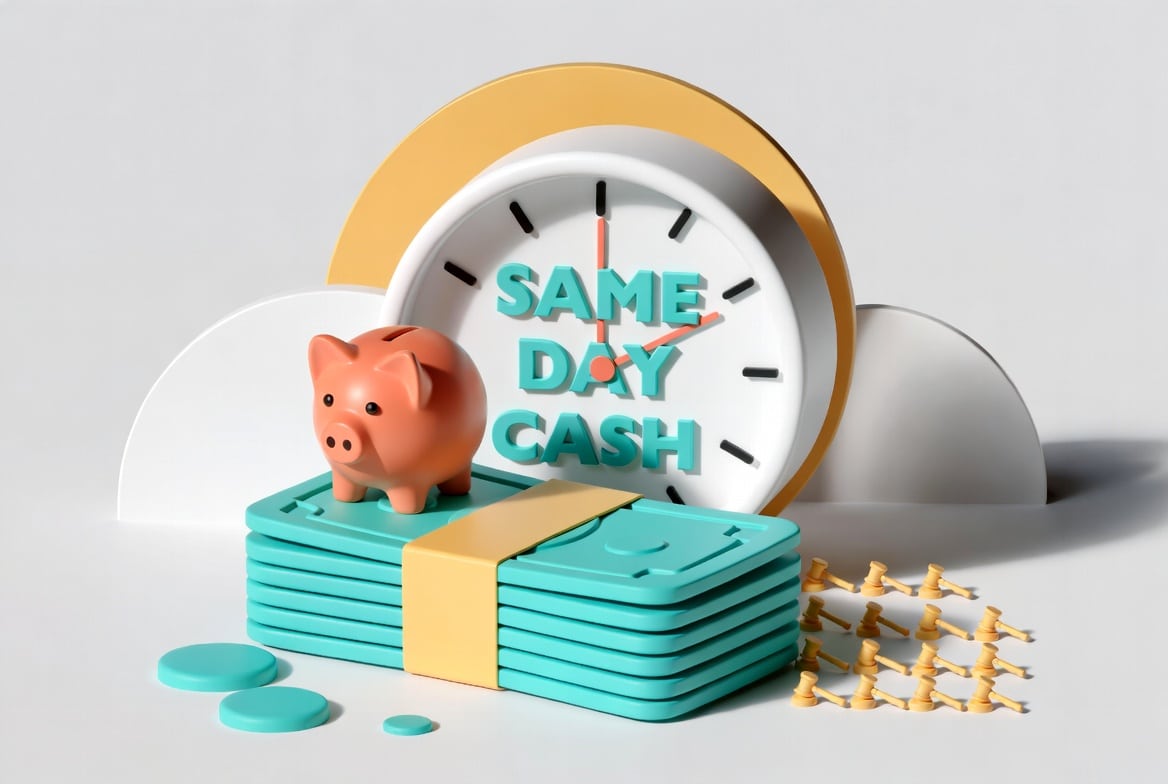A pre-settlement lawsuit loan with a fee may not be a reason to decline it, especially if they offer capped rates and the loan’s annualized rate is lower than the annualized rate on other lawsuit loan options. Capped rates protect you if your lawsuit takes longer than 2 to 3 years to settle since the interest stops and does not accrue after the cap has ended.
Depending on the terms of the lawsuit loan, a fee could be worth paying. Before you get a lawsuit loan, it’s important you know what their fees will cost. Some major pre-settlement funding companies charge fees of up to 15%. However, some lenders charge fees starting at 30% per year.
What is a lawsuit loan fee?
Simply put, it is a charge that a lawsuit loan company requires you to pay after you win your case to cover the cost of processing, underwriting, and closing your loan. It’s a one-time fee typically calculated as a percentage of the total amount you borrow.
For instance, a 10 percent fee on a $5,000 lawsuit loan would be $500.
Pre-settlement funding fees, unlike traditional bank loans, are never charged upfront. You only pay them after you obtain your settlement check.
Most lawsuit funding companies determine their own fees, typically ranging from 5% to 15% of the loan amount. Some factors determining the fee amount include the legitimacy of the funding company, the merits of your case, and the loan amount.
The charge is typically accounted for in the lawsuit loan annualized percentage rate (APR). An APR is the actual annual cost of the advance when factoring in the lawsuit loan interest rates, fees, and principal.
For example, if you need $5,000 in funding and the loan has a 5% origination fee, you’d have to pay an extra $250 after capital and interest.
Why do lawsuit loan companies charge fees?
Pre-settlement funding companies charge lawsuit loan fees due to the high risk they undertake in giving you non-recourse cash advances. That means your obligation to pay back the loan is contingent on you winning your case.
If you fail to receive a settlement or award, you will owe Nothing.
However, lawsuit loan fees are not the same as interest rates. A pre-settlement loan interest rate is the price you pay to borrow money from a finance company. They are compounding or simple and carry caps or no caps.
Interest rates increase the cost over the life of your loan. If you get an interest rate cap, it will stop over a set period of time. If uncapped, your interest rate does not stop rising until the loan is paid in full after you win your lawsuit.
When you borrow funds from a traditional financial institution like a bank, you pay interest on it and many times fees. Similarly, lawsuit loan companies charge fees plus interest.
Types of pre-settlement loan fees
These charges can mean different things
They can mean:
- Underwriting fees
- Application fees
- Origination fees
- Prepayment fees
Some companies charge prepayment fees if you pay your loan before your legal battle is resolved. These costs may be higher than 20% of your loan amount and will typically be included in your contract.
Fortunately, a lender like Baker Street Funding has staked its reputation on no prepayment fees for all of our funding products.
Pre-settlement funding companies who charge no interest, just fees
Most personal injury victims with pending lawsuit loans realize 3-6 months later that they need more money after signing on their last loan.
Lenders that have only fees and no interest policy also charge 50% to 80% in fees for the life of the loan. Signing the fine print with them also prohibits you from having more than one loan with them, forcing you (3-6 months later) to look for another lawsuit loan company when you need extra funds.
While funding companies that charge interest allow more than one loan and can approve additional funding at any time, you can’t have multiple loans with different lawsuit funding companies.
When you need more funding, the new lawsuit loan company must pay off the old company that charged you 50% to 80% in fees.
For example, if you took out your last lawsuit loan 3 months ago, the new lender will have to pay that fee to the old lender if you want an additional loan. This means the previous company charged you 50% to 80% in fees for a 3-month lawsuit loan.
Be careful of falling victim to companies that don’t charge interest.
Pre-settlement funding companies that charge no fees
It’s important to consider that while some lenders promise consumers lawsuit loans with no fees, their annualized rate also goes up to 100%.
Fundamentally, funding companies that charge interest rates with no fees hide their fees by rolling them into your interest rate, hence, “no fees.”
The takeaway
Legitimate lawsuit loan companies place their fees on contract; they are flat and lower than 15%, meaning they are one-time costs that lawsuit financing companies charge when they provide you with funding when they invest in your case.
A fee on a lawsuit loan isn’t always a deal-breaker. They could be worth it if the amount funded has a capped rate and if the annualized rate is still lower than what other lenders offer on a contract.
At its simplest, if the lowest-cost pre-settlement funding has a fee, then it should be worth it for you.
It’s important to evaluate all of your funding options—including the pre-settlement loans that Baker Street Funding offers.
To get a lawsuit loan from Baker Street Funding, you can start your application online. Your attorney will have to provide essential case documentation, and once you get approved, you’ll be able to find out what the interest rate will be in just 24 hours.
Baker Street Funding offers lawsuit loans with friendly terms to plaintiffs who are going through difficult times and need quick access to cash to pay off their outstanding dues.
Ready to get started with the lawsuit funding process? Check out Baker Street Funding’s lawsuit loan calculator.











